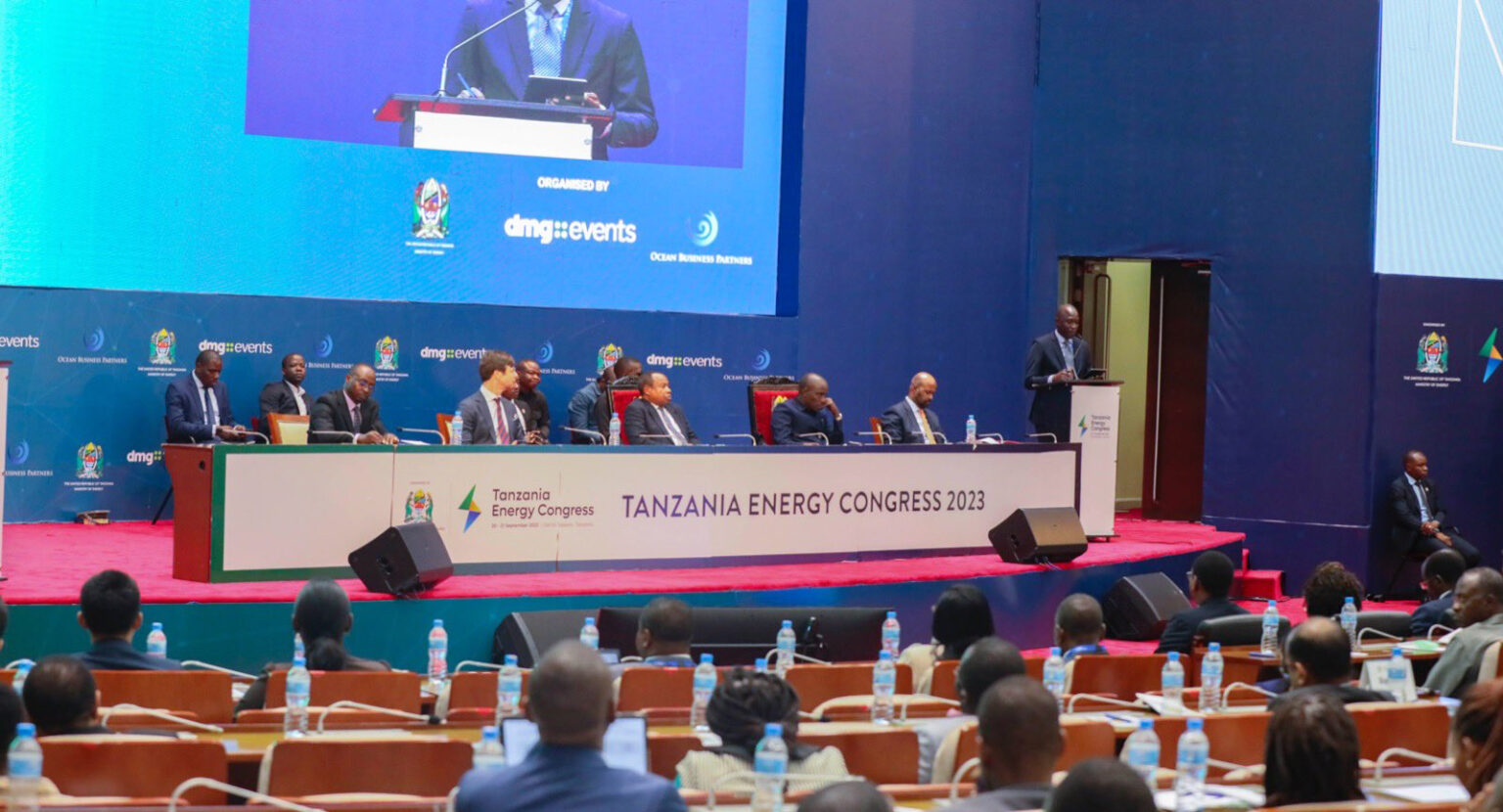- Tanzania seeks to amass an abundance of energy and engage in energy trade with neighboring countries.
- However, the absence of sustainable access to energy services and products continues to impact the trajectory of economic growth. Tanzania aims to achieve a power generation capacity of 5,810MW by 2025.
- Tanzania boasts abundant energy sources, including renewable options and substantial reserves of fossil fuels like natural gas.
Energy holds a position of paramount importance in Tanzania’s pursuit of prosperity, akin to the significance of gold in wealth accumulation. Presently, Tanzania is confronted with a formidable appetite for power to fuel its burgeoning industrial ambitions.
The nation not only aspires to amass an abundance of energy but also seeks to engage in energy trade with its neighboring countries. While this vision remains attainable, the path forward necessitates a careful examination of costs and a well-crafted strategy.
It is undeniable that issues related to energy sufficiency and poverty are intricately intertwined, with the resolution of one contributing to the alleviation of the other.
Access to energy impacting Tanzania’s growth
Concurrently, the absence of sustainable access to energy services and products continues to impact the trajectory of economic growth. Yet, this challenge presents an opportunity for a nation blessed with abundant energy resources.
In alignment with this perspective, Tanzania’s Prime Minister, Kassim Majaliwa, has emphasized the imperative need to equip Tanzania with energy self-sufficiency. He explained, “Energy serves as a critical catalyst for economic development, and Tanzania is committed to establishing the necessary mechanisms to harness its oil and gas potential.”
According to data from the Tanzanian Ministry of Energy, Tanzania aspires to achieve a power generation capacity of 5,810MW by 2025, a substantial increase from its current capacity of approximately 1,872MW.
In recent years, energy generation in Tanzania has been derived from a mix of sources, including hydropower, natural gas, fuel, and solar. Notably, natural gas now constitutes over 60 percent of the energy mix.
Furthermore, Tanzania boasts abundant energy sources, encompassing renewable options such as wind, biofuels, and geothermal, alongside substantial reserves of fossil fuels like natural gas, which remain largely untapped.
Consequently, the nation is diligently advancing toward the exploration of its oil and gas potential, underpinned by a comprehensive analysis indicating a $42 billion investment requirement to materialize its Liquified Natural Gas (LNG) energy ambitions.
Read Also: Africa’s energy quest: Challenges, opportunities, and partnerships
Tanzania Energy Congress
In this context, the recent Tanzania Energy Congress convened international top-tier oil and gas companies to deliberate on the activation of Tanzania’s sustainable energy aspirations. This forum illuminated various challenges and opportunities within the sector.
At present, Tanzania is fervently working to unlock its LNG project and position it in the global market. On May 19th, the Tanzanian government, in collaboration with international oil companies (IOCs), achieved a significant breakthrough in an agreement that had long been delayed.
This agreement encompasses the essential elements of a host government agreement, delineating a regulatory framework, and a production-sharing agreement, pending legal reviews and quality assurance, with an anticipated signing in the coming weeks, as stated by Equinor.
Furthermore, the oil and gas industry in Tanzania is increasingly contributing to local content, with approximately 1,763 Tanzanian companies registering to participate in the provision of services and products during the project’s construction phase.
LNG stands as one of Tanzania’s lucrative resources poised to catalyze the nation’s economic transformation on a substantial scale. As former Tanzania’s Energy Minister, January Makamba, noted, “The project is expected to employ about 8,000 people, and providers of various services such as finance, accommodation, energy, and more will benefit from the project.”
Global energy transition
The Tanzania LNG Micro-economic Report by Stanbic Bank forecasts that local companies will garner an average of $7 billion out of the $42 billion projected for injection into the project during its five-year construction phase.
While Tanzania is resolutely pursuing its natural gas and oil potential, it is also navigating the global energy transition—a transition from fossil-fuel-based energy systems, such as oil, natural gas, and coal, to renewable energy sources like solar and wind. Although Tanzania’s energy mix encompasses a small proportion of solar energy, particularly through off-grid systems in rural areas, energy poverty remains a significant challenge.
Tanzania remains focused on maximizing its natural gas and oil resources while gradually transitioning to renewable energy sources. Minister Kitila Mkumbo underscores that Tanzania’s energy poverty necessitates a substantial energy supply from all sources before considering the transition.
In a global context, Africa’s share of energy consumption is relatively modest compared to Europe and North America. East Africa, including Tanzania, lags behind despite its wealth of fossil fuel deposits.
Energy shift dynamics
Tanzania’s per capita energy consumption is below 100 Kilowatts, trailing its counterpart Kenya, which boasts 166 Kilowatts per capita. Moreover, Africa’s per capita energy consumption (excluding South Africa) remains below 200 Kilowatts, in stark contrast to 13,000 Kilowatts in the United States of America and 7,000 Kilowatts in Europe, as highlighted by Minister Kitila Mkumbo.
Additionally, Asia is anticipated to dominate global energy consumption, with China leading the way, underscoring the challenge for Africa and Tanzania to swiftly navigate the energy shift dynamics without overcommitting to fossil fuels.
Minister Mkumbo emphasizes the imperative for Africa to prioritize energy security for its burgeoning economies before endorsing specific energy systems. He urges caution in the discourse surrounding the selection of alternative energy sources.
“We need to be very careful and cautious with the rhetoric about choosing alternative sources of energy” Minister Mkumbo added.
In recent decades, Tanzania has encountered multiple challenges in electricity generation, hindering its progress towards industrialization. However, ongoing developments in the Julius Nyerere Hydropower Project hold the promise of revitalizing the energy mix and affording Tanzania the opportunity to overcome energy poverty.
